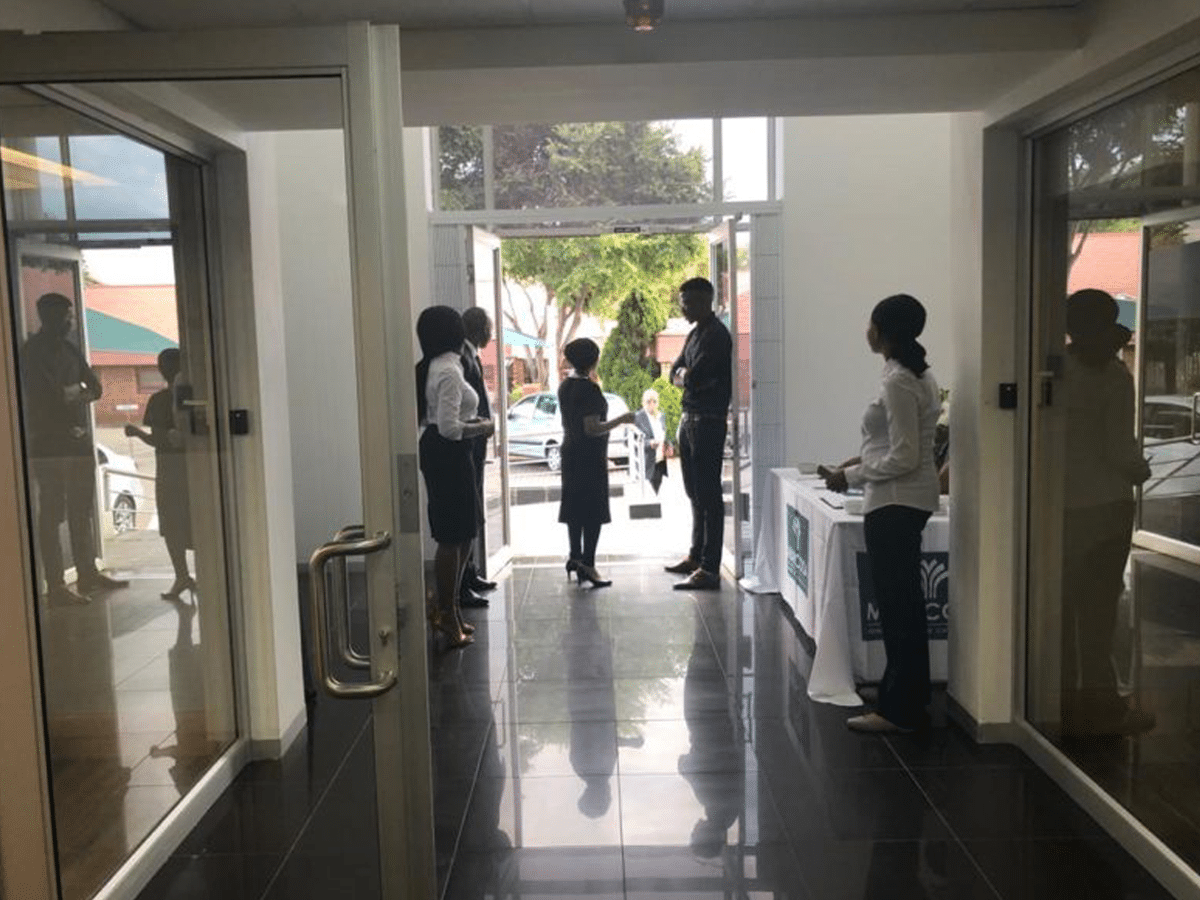What is a Retail Management Degree? Is it the Right Course for You?
This article will explain what retail and retail management are, explore the different types of retail stores, cover the skills that retail managers need to thrive within this industry, and more so you can decide if it’s the right fit for you.

Summary
With the retail industry expanding yearly as more stores open, retail management has become an increasingly sought-after career.
Managing a retail store can be incredibly fast-paced and exciting for those who enjoy taking on leadership roles and ensuring that all processes run smoothly.
MANCOSA offers a Bcom in Retail Management that equips students with all the skills they need to be effective retail managers for small and large companies.
This article will explain what retail and retail management are, explore the different types of retail stores, cover the skills that retail managers need to thrive within this industry, and more so you can decide if it’s the right fit for you.
What is retail and retail management?
Retailing is the selling of goods, merchandise, and certain services to consumers. These include food, apparel, jewellery, housewares, electronics, and more.
Retailers often purchase these goods in large quantities from big manufacturers — directly or through a wholesaler — and then resell them in small amounts.
Retail has seen some ups and downs in recent years — having gone through a dip during the coronavirus pandemic. However, it has seen a massive surge recently, with South Africa’s retail trade having climbed by 8.6% from July 2021 to 2022.
Retail management is the process of managing and running day-to-day activities and operations of retail outlets. It includes all the steps from the moment the customer sets foot into the store to when they purchase the goods.
Retail managers aim to make the shopping experience as pleasurable and easy as possible for the customer, so they leave the shop happy and satisfied.
This way, retail stores can cement brand loyalty, improve their operations, and increase overall profitability.
The most common types of retail management
There are many different types of retail management for various kinds of retailers — from small to large outlets. Here are some of the most common retailers that need retail managers.
- Supermarkets: These are large retail stores that sell groceries, fresh produce, bakery goods, meats, and more. SPAR, Pick ‘n Pay, and Checkers are all examples of supermarkets in SA.
- Department stores: These are large shops that stock various types of consumer goods in different departments. This includes stores like Edgars, Woolworths, Mr Price, and more.
- Speciality stores: These are stores that focus on selling products in a single category, such as clothes, electronics, etc. Incredible Connections, BT Games, and @home are all examples of speciality stores.
- eCommerce stores: These are stores that primarily sell goods online and deliver them to consumers’ houses. For example, Takealot is one of the biggest eCommerce stores in South Africa.
- Warehouse stores: These types of stores offer groceries and other goods on a larger scale and often sell items in bulk. This includes stores like Makro and Builders Warehouse.
- Convenience stores: These types of stores often have longer operating hours and stock a range of everyday items, including things like coffee, snacks, tobacco products, toiletries, and more. Many garages in SA have convenience stores, such as Engen and Shell.
What does a retail manager do?
Retail managers are responsible for managing the day-to-day operations of retail stores. Some of their typical tasks include:
- Recruiting, training, and supervising staff members.
- Minimising opportunities for shoplifting.
- Ensuring employees shelve products in a way that makes sense so consumers can easily find what they’re looking for.
- Managing budgets and maintaining financial records.
- Keeping the right amount of stock on hand.
- Making themselves and sales associate employees available to assist customers.
- Overseeing pricing and inventory control.
- Preparing the store and advertising displays.
- Ensuring that the store meets sales and profit targets by motivating staff and having performance reviews.
- Assisting with the promotion and marketing of the retail store.
- Dealing with customer complaints.
- Making sure the store is clean and presentable at all times.
- Ensuring compliance with health and safety regulations set out by the South African Safety Act.
Retail managers will also need to communicate with the head office to make sure that all procedures are followed and employees are informed of any critical changes.
Benefits of a retail management course
Studying a retail management course will give you all the skills you need to run and manage a retail store effectively.
With it, you’ll open doors to countless career opportunities as you’ll become an expert problem solver and gain invaluable sales and management skills.
With MANCOSA’s Bachelor of Commerce in Retail Management, you’ll be fully equipped with graduate-level knowledge to thrive in the retail industry (and other similar industries).
You’ll learn to apply general business management principles, manage finances, communicate efficiently for maximum results, and understand the different market segments comprehensively.
Study a Retail Management Course with MANCOSA
Retail management is an excellent option for individuals who enjoy making business operations more efficient. A management position may be ideal if you’re highly organised and enjoy leading people to achieve better results.
Have a look at the various management degrees that MANCOSA offers, including, but not limited to, Retail Management, Project Management, and Human Resource Management.
Ultimately, with the help of a course, you’ll have an advantage over other workers and be able to climb the corporate ladder to senior-level positions.





